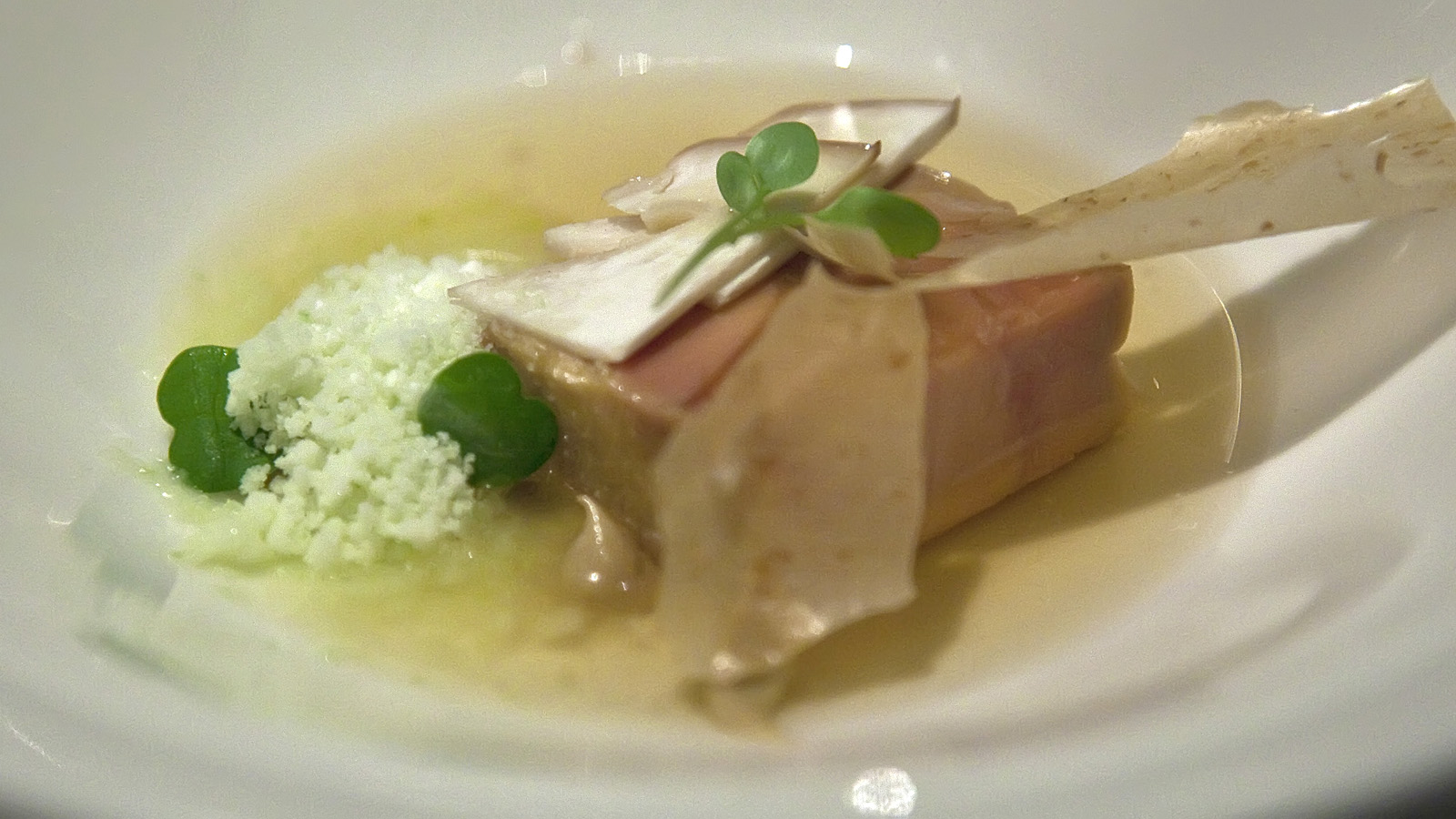‘Contested Tastes’ Shines Light on Politics of Foie Gras

Foie gras is one of the enduring stars of French cuisine.
Made from the fattened liver of a force-fed duck or goose, foie gras has earned a reputation as a rich and buttery delicacy — one now incorporated into many other culinary styles. In France, it’s also a food long classified as integral to the national culture and tradition, sometimes compared to Thanksgiving turkey in the United States.

Foie gras is also highly controversial. Animal rights groups and others have condemned the force-feeding practice as animal cruelty, raising questions about the ethicality of production.
NC State sociologist Michaela DeSoucey captures arguments for and against foie gras, why they matter and what they mean in Contested Tastes: Foie Gras and the Politics of Food (Princeton University Press). Shining a light on multiple issues that comprise the charged debate, DeSoucey reveals the political systems and moral arguments that increasingly influence food and taste.
It’s a book about duck liver, DeSoucey said, but it’s not just about duck liver — it’s about so much more.
“It’s also about how the moral boundaries we draw and redraw around what we consume, why they matter to the groups we belong to or distance ourselves from, and how they reveal some of our broader social standards and anxieties,” DeSoucey said.
While foie gras is primarily produced in France, the United States (and Canada) is home to a few farms. In some ways, the production process is similar throughout the industry: farmers raise ducks and/or geese and, in the last two weeks of the animals’ lives, feed them measured amounts of food twice a day through a tube designed to fatten their livers. In other ways, there is significant variation between producers who use newer industrial methods and those who use “old fashioned” artisanal methods. Regardless of method, proponents and producers of foie gras argue that in addition to mimicking a natural process — wild ducks and geese fatten themselves pre-migration — it’s also reversible. If the force feeding ceases, their livers return to the previous size.
But animal rights activists in the United States and globally say the process is inhumane and cruel, and suggest that it forces pathological disease on the birds. They want to see it not just regulated, but eradicated completely. Opposition in California led to a statewide ban on foie gras production and sale that took effect in 2012, putting the state’s sole farm out of business. A federal judge has since reversed the ban, allowing restaurants to resume serving the liver dish; however, the damage to the farm was already done.
As a cultural sociologist, DeSoucey examined how key players in the foie gras controversy — producers, activists, lawmakers, and media figures —shaped debates and politics around the issue. She spent almost a decade researching the book, including conducting fieldwork and interviews at farms, restaurants, protests and political hearings in both the United States and France.
Listen to DeSoucey discuss her work on The Society Pages podcast.
Her findings provide unique insight into the relationships among those stakeholders. For example, DeSoucey described how the controversy in the U.S. culinary scene has pitted potential allies against each other.
“You have chefs and consumers who profess to care deeply about problems in the food system, such as the care and treatment of animals that become our meat, but who also include foie gras in a category of small-scale, specialty food production that celebrates artisanship and authenticity,” DeSoucey said. “Then, you have animal rights supporters who view this product as one of the cruelest things you can do to animals. But by targeting some of these chefs, they are alienating potential allies on a number of other issues that will indubitably require attention and cooperation.”
Contested Tastes is the winner of the 2016 Distinguished Scholarly Publication Award from the Consumers and Consumption Section of the American Sociological Association. For more information, visit the book’s website.


